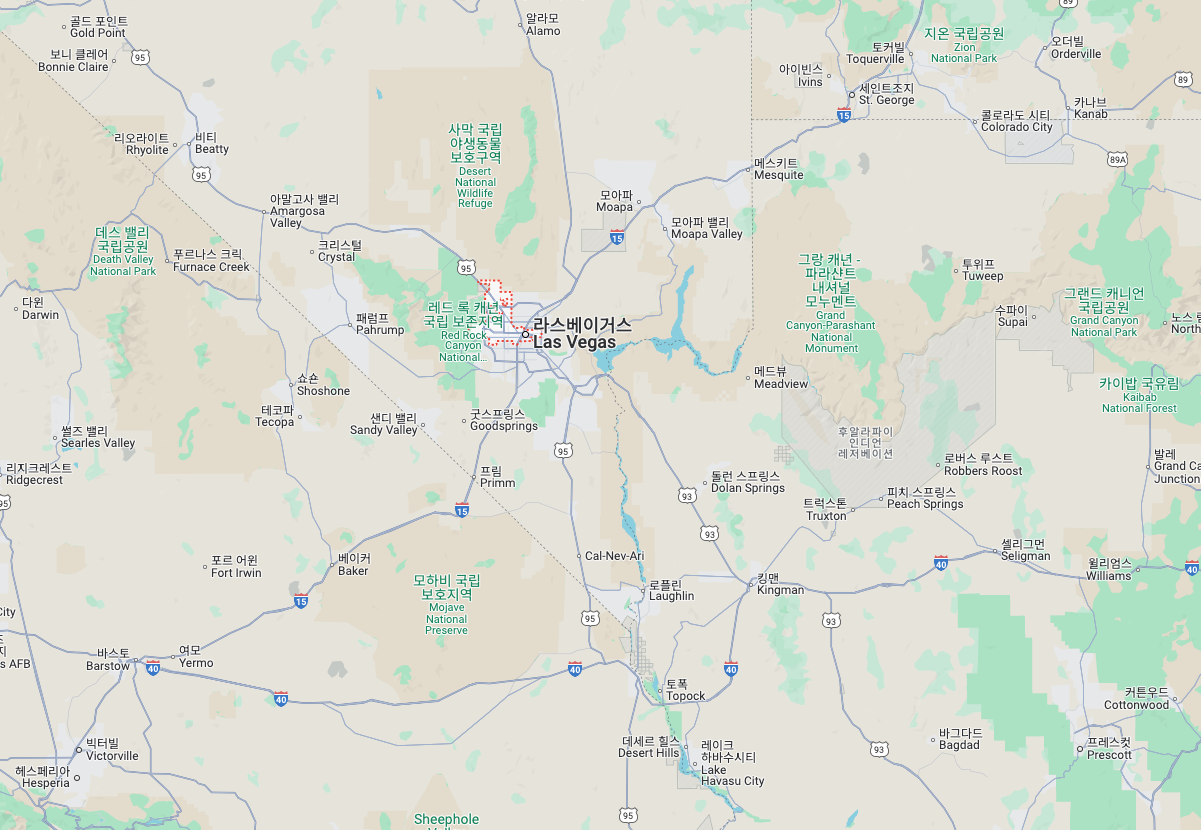What Is a Business Visa?
Any foreigner who seeks to enter the United States for business purposes will need a visa to allow them to accomplish their desired tasks. Otherwise, the foreigner may not be allowed to conduct business activities in the country. A business visa allows you to participate in certain tasks that may not be considered a job or employment. In addition, there are other categories of business visas that will function like a green card, allowing you to perform a job in the United States.
The type of business visa that you should seek depends both on the exact reasons that permit your entry and the task that you are seeking to perform in the United States. There may be numerous options available to you.
What is the Difference Between a Business Visa and a Green Card?
A business visa, such as a B-1 or temporary work visa like the H-1B or L-1, allows a foreign national to enter the U.S. for a limited time to conduct specific business-related activities, such as meetings, training, or employment with a sponsoring company. These visas are nonimmigrant and do not provide permanent residency. In contrast, a green card (lawful permanent resident status) allows the holder to live and work in the U.S. indefinitely, with the ability to eventually apply for U.S. citizenship. Green cards offer more rights and fewer restrictions than business or temporary visas.
Types of Business Visas
There are business immigration visas that can allow you the right to live and work in the United States (although some may be just to facilitate business purposes, as opposed to allowing you the right to work here). Each program has its own rules, requirements and potential caps on the number of visas allowed. Some of the available types of business immigration visas include:
- B-1 Visa: You can enter the United States for limited business purposes, such as meetings and conferences, but you will not have the right to work. You may be able to perform certain limited work activities. To qualify for a B-1 visa, you need to show that your trip to the United States is for a business purpose.
- E-1 Visa: Citizens of certain countries who have trade treaties with the United States are allowed to enter the country for the purposes of engaging in international trade between their home country and the U.S. There are ownership requirements for the company involved in trade. The E-1 visa is not a pathway to a green card, but you may be able to bring your spouse and unmarried children under the age of 21 into the country.
- E-2 Visa: Citizens of certain countries who have commerce and navigation treaties with the United States can enter the country for the purposes of investing in and operating a United States business. Like an E-1 visa, you can also bring a spouse and children into the country, but there is no pathway to a green card.
- L-1 Visa: A United States employer can temporarily transfer foreign employees to an office located here. These employees must be executives or managers, or they must have certain specialized knowledge. This category of visa is good for three years, and it can be renewed in two-year increments. An L-1 visa may be a potential pathway to a green card and eventual citizenship.
- O-1 Visa: Individuals with extraordinary ability in science, arts, education, business, or athletics can apply for a nonimmigrant visa. The employer will need to sponsor the applicant for this visa. An O-1 visa functions as a work permit, although it is not a path to citizenship.
Other Types of Business Visas
There are other types of business visas that are considered to be permanent residency in the United States, even though they are called visas. For all intents and purposes, these types of visas are the same as a green card. Types of visas in this category include the following:
- EB-1C Visa: Multinational companies may sponsor managers or executives for a United States visa. The applicant must have worked for the company for at least one out of the last three years, and the company must have a United States office that has been open for at least one year.
- EB-2 and National Interest Waiver: An individual can self-petition USCIS (the company does not need to sponsor you). They will not have to obtain a labor certification from the Department of Labor. Essentially, you will need to show that it is in the national interest to admit you to the United States.
- EB-5 Visa: Foreign investors can qualify for a visa if they are dedicating a certain amount of money to an investment project in the United States that will create jobs. The investment must create or preserve at least 10 full-time jobs for U.S. workers. Here, you will receive a green card that can be good for two years and can be renewed.
Common Business Visa Challenges
Each type of business immigration visa will come with its own unique challenges. Whether you are a company or an individual who is applying for the visa, you need to demonstrate that you meet the individual program requirements for the petition to be approved. When it comes to a business immigration visa, you may need to show that you have certain job responsibilities or make certain showings about the structure of the company involved in the petition.
In addition, you may encounter various challenges even after a visa petition has been granted. You must continue to meet program requirements to keep your visa. At some point, your visa may need to be renewed, and you need to demonstrate to USCIS that you should still remain in the country and that your presence will continue to provide the necessary benefits that allowed for your admission in the first place.
How a Business Immigration Lawyer Can Help You
There may be multiple potential pathways that can allow your company to bring someone to the United States or for you to enter the country yourself. Each program will have different requirements. A business visa attorney can first help by explaining each of the potentially available programs and which one may work best for your individual situation.
Then, a business immigration attorney can assist you with the application itself. Your petition must include documentation that shows USCIS that you meet the requirements of the individual program. The exact documentation depends on the facts and circumstances of your own individual situation. You want to prepare an application that is as complete and persuasive as possible, and a business immigration lawyer can help you assemble the petition.
Once you file the business visa application, it is far from the end of the process. You may have various communications with USCIS during the process, especially if they have any questions about your application or need additional information. A business immigration attorney can assist you in responding to Requests for Evidence or communicating with USCIS on your behalf. If your business visa application is denied, an immigration lawyer can assist you in reapplying or filing an appeal.
When you are applying for a business visa, you have the right to due process that will give you the ability to show why USCIS made an error in fact or law that resulted in their wrongful denial of your petition.
If you or your employee is in the United States on a business immigration visa, you may have ongoing legal issues that need to be addressed, such as your ongoing eligibility for the individual program or renewing your visa. A business immigration to the USA attorney can answer any questions that you have and provide you with strategic legal advice.
Contact a Business Immigration Lawyer Today
Hayoon Kane Law Firm, PLLC, helps companies and individuals with their immigration law matters. We can help demystify what is ordinarily a complex process, making things much easier on you than if you decided to handle a business visa application on your own.
The first step that you can take is to visit our website or call us today at (702) 463-7630 to schedule a free initial case review. We are based in Las Vegas, NV, and we maintain a 50-state practice, helping clients throughout the United States and across the world.



